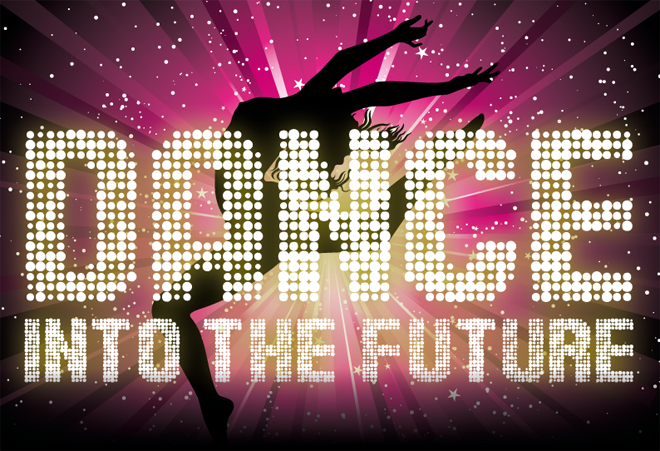
Dance: to some it is a form of expression and to others it is a waste of time. Everyone can dance, even embarrassing dads or uncles at weddings!
BY Sophie Barnes
If you’ve studied dance at both GCSE and A-level, it can really enable you to find out who you are and push your creative boundaries to give you a fantastic confidence boost, whether or not you choose to go into dance as a serious career choice.
As part of my A-level I delved deeply into different styles of dance and as a ballroom and Latin American dancer, this was something that proved to be a challenge when I encountered the strict refinements and control that ballet requires… but I made the most of everything that was thrown my way! As a result, I am now a more confident dancer with a good eye for style and a love of performing.
Before undertaking a Performing Arts qualification, I never thought I would get to take my own trip to ‘Wonderland’ when playing the role of Alice in a narrative ballet piece which pushed my creative boundaries – my childhood dream finally came true!
Although I do not want to go on and pursue a career in dance, every student in my Performing Arts class, including me, picked the subject because not only is it enjoyable, it also provides and enhances key skills that employers look for – confidence, personality, creativity and the ability to push boundaries – all of which I have gained from taking the course.
There are many pathways that young people can consider when they are looking into doing a dance qualification. Of course there is the traditional stage school route – many young people go to Bird College or the Italia Conti School, but qualifications in dance have now become far more widely available at all sorts of levels and are not always dependent on your ability to dance.
For example, you can study a degree in dance at university as well as at stage schools or at diploma level too; dance degrees had a 14 per cent increase in applicants at the University of Limerick this year because the courses are both practical and theory based. They provide an excellent structure for those going into teaching or those who require a course where they don’t need to do practical dance in a studio every day. If dancers want to avoid lengthy training programmes, then joining a youth company is a great way to make yourself known in the dance world.
Of course dance also physically helps the body to stay fit. The New England Journal of Medicine study found that dancing frequently reduced the risks of dementia by 76 per cent.
Since the recent and massive rise in popularity of dance in the media, due to television shows like Strictly Come Dancing and Got To Dance, audiences have seen that it’s not necessary to be in peak physical condition to benefit from dance.
So the next time you’re at a wedding and your dad or uncle is dancing embarrassingly to Steps, just remember - it is their creativity and confidence that count! Never forget – dance is a universal language!

 Moving On magazine careers and qualifications
Moving On magazine careers and qualifications







 A New Sparta Group Company
A New Sparta Group Company